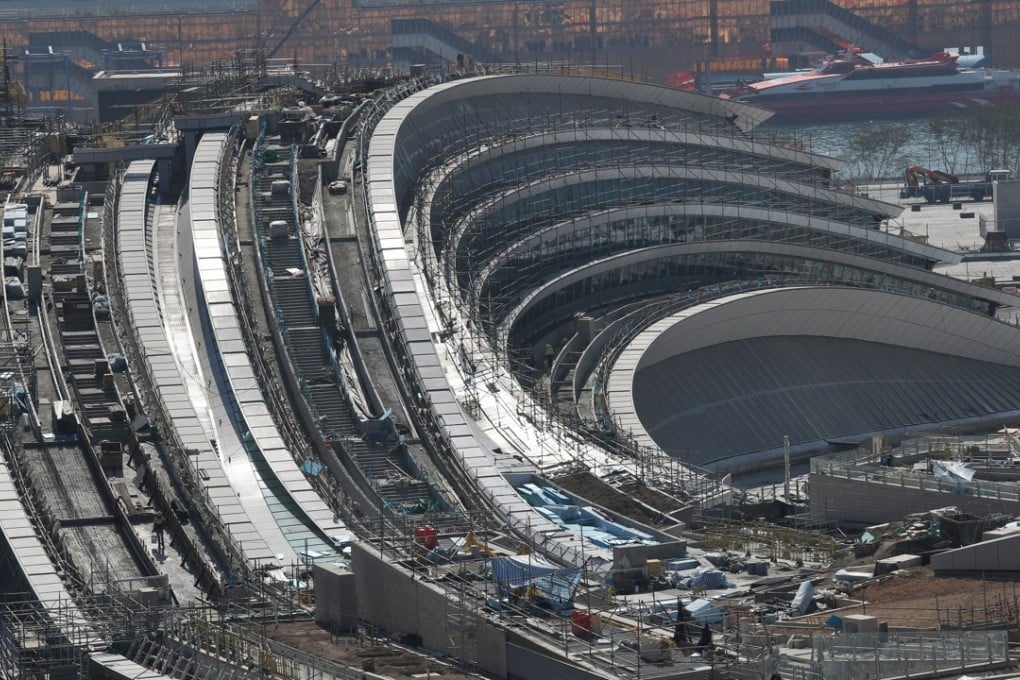Jake's View | When it comes to co-location, it’s all about who is in control

One reading of Article 18 is that its purpose is to prevent Chinese national law from applying to the whole of Hong Kong, thereby undermining “one country, two systems” and, in particular, the rights and freedoms of the people of Hong Kong. On this reading, if the proposed co-location clearance arrangement has no such effect but, on the contrary, is necessitated by economic development, then Article 18 is not contravened.
Barrister Ronny Tong Ka-wah,
SCMP, January 3
Let’s deal first with this bit about “necessitated by economic development”. The argument here, I assume, is that the seamless integration of the new express rail link with the mainland’s high-speed rail system is essential to Hong Kong’s economic development and can only be achieved if not interrupted by an immigration checkpoint in Guangdong.
It is a tenuous assertion but, if we accept it, then it follows that this checkpoint must be in Hong Kong. Armed mainland security officials must thus be stationed in Hong Kong with powers of arrest.
This last assertion, however, certainly does not follow. Co-location is practised elsewhere, for example with the stationing of US immigration officials in major Canadian airports. This allows flights to the United States from these locations to be treated as local flights on arrival in the US.
